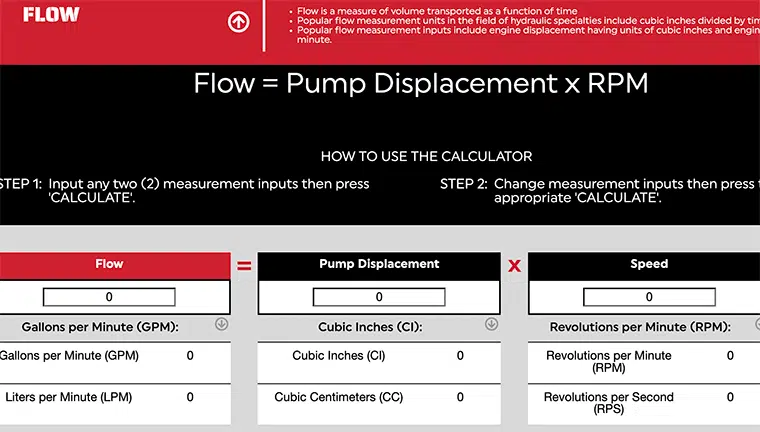Introduction: Hydraulic pumps are the heart of hydraulic systems, responsible for generating the necessary fluid flow and pressure to drive various machinery and equipment. Understanding the different types of hydraulic pumps and their unique characteristics is essential for ensuring optimal performance and efficiency in hydraulic applications. In this blog post, we’ll take a deep dive into the world of hydraulic pumps, exploring their types, operating principles, and applications to help you make informed decisions for your hydraulic systems.
Types of Hydraulic Pumps
Gear Pumps:
- One of the most common types of hydraulic pumps.
- Consist of two meshed gears that create suction to draw fluid into the pump and then push it through the outlet.
- Relatively simple design, compact size, and cost-effective.
- Suitable for low to medium pressure applications with moderate flow rates.
- Widely used in industrial machinery, automotive systems, and hydraulic power units.
Vane Pumps:
- Utilize rotating vanes mounted within an eccentric cam ring to generate fluid flow.
- Offer smooth and quiet operation compared to gear pumps.
- Available in fixed displacement and variable displacement configurations.
- Provide higher efficiency and better performance at higher speeds and pressures.
- Commonly found in mobile equipment, such as forklifts, excavators, and agricultural machinery.
Piston Pumps:
- Employ reciprocating pistons to pressurize hydraulic fluid.
- Offer excellent efficiency and reliability, especially in high-pressure applications.
- Available in axial piston, radial piston, and bent-axis designs.
- Variable displacement piston pumps allow for precise control of flow rate and pressure.
- Preferred choice for heavy-duty industrial machinery, construction equipment, and aerospace applications.
Screw Pumps:
- Feature rotating screws that trap and move fluid along the screw threads.
- Provide smooth, pulsation-free flow with minimal noise and vibration.
- Suitable for high-viscosity fluids and high-pressure applications.
- Offer self-priming capabilities and can handle abrasive or non-lubricating fluids.
- Commonly used in chemical processing, oil and gas, and marine applications.
Selecting the Right Hydraulic Pump
Flow rate and pressure requirements: Determine the desired flow rate and operating pressure of your hydraulic system to select a pump that can meet these specifications.
System efficiency: Consider the efficiency and energy consumption of different pump types to minimize operating costs and maximize productivity.
Application-specific requirements: Evaluate factors such as space constraints, noise levels, fluid compatibility, and environmental conditions to ensure the chosen pump is suitable for your application.
Conclusion: Hydraulic pumps are integral components of hydraulic systems, providing the power and pressure necessary to drive machinery and equipment across various industries. Whether you need a compact and economical gear pump or a high-performance piston pump for heavy-duty applications, there’s a hydraulic pump tailored to meet your specific requirements. By understanding the characteristics and capabilities of different pump types, you can make informed decisions to optimize the performance, reliability, and longevity of your hydraulic systems. Consult with hydraulic experts or trusted suppliers to select the right pump for your application and ensure smooth operation and maximum efficiency for your equipment.
Contact Hydraulic Specialty to help find the right pump for your equipment: https://hydraulicspecialty.com/contact/


